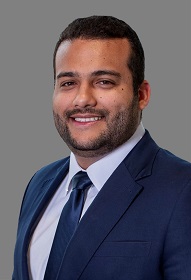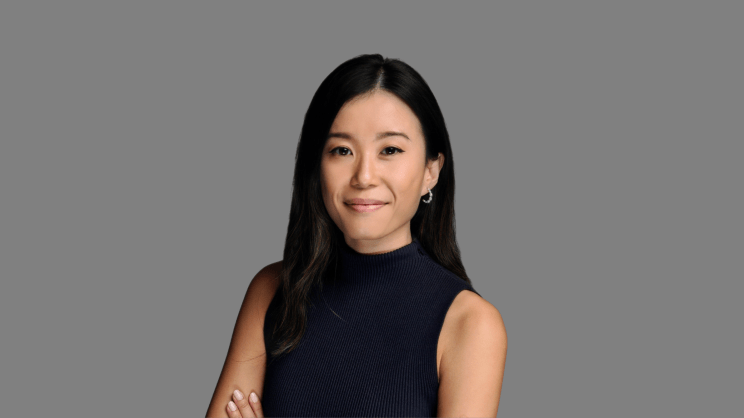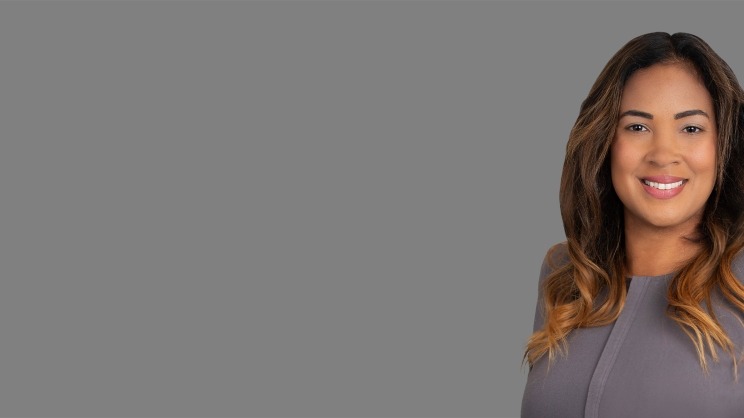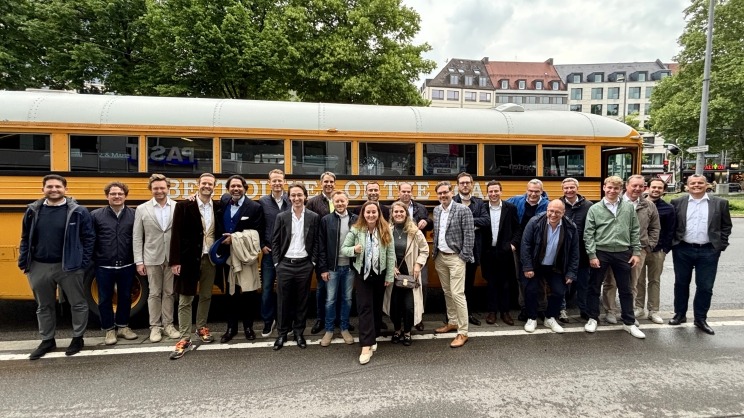Welcome Back Spotlight: Joao Pedro Santos

An Inside Look at an Executive Director's Boomerang Career Journey
Joao Pedro Santos is an Executive Director with Alvarez & Marsal’s (A&M) Financial Advisory and Special Situations group in Sao Paulo, Brazil. He earned a bachelor’s degree in electrical engineering from Universidade de São Paulo.
In this Q&A, Joao shares insights into his diverse experiences in Brazil and Finland to navigating Latin America's business culture. Joao underscores the critical importance of honing problem-solving abilities and continuously developing diverse skills throughout his professional journey. His return to A&M in 2023 highlights the team's appeal, rewards and entrepreneurial spirit.
What factors influenced your decision to enter the consulting field, and were there specific moments that ignited your interest?
I joined A&M straight out of university, returning from an exchange in Finland. As a Brazilian engineer, I explored various fields during my time at university, interning at a Brazilian bank and a multinational technology conglomerate in both Brazil and Finland.
Despite initially planning to continue in the industry field in Finland, I received a job offer at the end of my internship, prompting a return to Brazil to complete my studies. However, challenges in the Brazilian energy sector shifted my focus to local opportunities.
A&M's strong recruiting, highlighted by a referral from a friend and former colleague, brought me on board. The allure of exciting work, a clear career path and financial incentives sealed the deal. A&M provided abundant learning opportunities early in my career, propelling me to greater heights than I could have achieved elsewhere. I've worked hard, learned a ton and developed into an asset for the market.
Can you share insights into your experience in Latin America?
Latin America, especially Brazil, offers a unique landscape with risks and abundant opportunities due to its evolving financial market and judicial systems. Navigating this environment at A&M, I focused on understanding the rules, leveraging innovative ideas and creating effective structures to address challenges.
What skills did you develop or acquire during your time at A&M?
At A&M, I honed skills crucial for thriving in Latin America's dynamic environment. My focus on problem-solving taught me to exploit scenarios for solutions. Combining my engineering background with A&M's approach, I learned the power of a strong strategy, effective structure and the art of information leverage—skills applicable across diverse fields and situations.
How to Navigate a Career Transition from Consulting to Industry (and Back Again)
What motivated your comeback to A&M in March 2023?
After spending five years at A&M, I desired a comprehensive understanding of the financial market, creditors and investors—the other side of the advisory table. To gain this perspective, I took on the role of a portfolio manager on the Special Situations desk at a major Brazilian bank. This experience broadened my toolkit for problem-solving and identifying opportunities, making me a more holistic advisor.
What aspects of the company culture or opportunities drew you back?
The decision to return to A&M was influenced by the friendly team, tangible financial rewards and the vast open field of opportunities. The entrepreneurial spirit of the firm, combined with my newfound knowledge, allows me to develop innovative business approaches and find solutions for our clients.
What advice or insights would you offer for professionals contemplating a return to A&M or rejoining a former employer based on your experience?
Returning to a former employer, like A&M, is a valuable opportunity for personal and professional growth. It allows you to address any previous issues, leverage the diverse experiences and contacts acquired during your time away and contribute to the team and company in new ways. The varied experiences outside the company shape your skills and perspectives, enhancing your ability to excel in your role. Taking time away provides a fresh outlook and an improved toolkit, ultimately leading to a more impactful contribution.
How to Leverage Mentorship and Cultivate Relationships for Professional Development
Who are your primary mentors at A&M, and how have their experiences shaped your professional journey?
I've been fortunate to have an incredible team as my primary mentors throughout my career at A&M. André Bucione, Henrique Biscolla and Lucas Teixeira, with whom I've had the privilege of working for many years, have played pivotal roles in my journey. Lucas, in particular, was the one who initially invited me to join A&M.
These mentors have consistently guided me and provided opportunities that allowed me to give my best, achieve results, and grow. I am deeply thankful for their influence. Witnessing their career trajectories has been a source of inspiration, helping me stay focused and resilient through challenging times.
What is your approach to cultivating relationships with colleagues and clients, and how do these relationships enhance your effectiveness and success?
My approach revolves around generating a positive impact. During my time away from the firm, engaging with diverse individuals in different business contexts allowed me to broaden my network significantly. Creating value in deals at the bank led to fruitful professional and personal connections.
Building relationships involves getting to know people and offering something of value. This dynamic is crucial for a successful career, particularly in the services industry. Effective relationship-building opens doors, fosters partnerships and can lead to referrals, especially when backed by a track record of delivering exceptional results.
How would you characterize Brazil's business culture and work environment compared to other countries where our firm operates?
Having worked in Brazil and Finland and collaborated with offices globally, I've observed that Brazil's financial and consulting work culture emphasizes a demanding and hardworking mindset. Personal relationships are integral to success here. In contrast, some countries feature less informal environments where colleagues maintain a professional relationship. While this can enhance efficiency, Brazil's more informal and flexible culture aids in navigating complexities and avoiding bureaucracy.
When working with clients or colleagues in Brazil, what cultural nuances or customs do you find crucial for successful collaboration?
Successful collaboration in Brazil hinges on friendliness and accountability. Balancing efficiency with personal warmth is crucial. The friendly environment should not be mistaken for a lack of commitment. Achieving results is as vital as being a personable collaborator.
Describe the office culture in Sao Paulo from your perspective.
The Sao Paulo office culture is characterized by a friendly and encouraging environment. There are ample growth opportunities, collaboration is valued and team members support each other in various aspects, from prospecting new business to offering opinions on individual cases.
You lived in Finland for a year. How did this experience shape your perspective, and what aspects of Finnish culture or daily life had a lasting impact on you?
Living in Finland taught me the power of silence and listening and the value of a calm and respectful culture. Finnish people prioritize personal life and a good quality of life, emphasizing the importance of considering others' wishes and perspectives. This experience has influenced my approach, highlighting the effectiveness of listening and understanding, especially when dealing with diverse perspectives.




